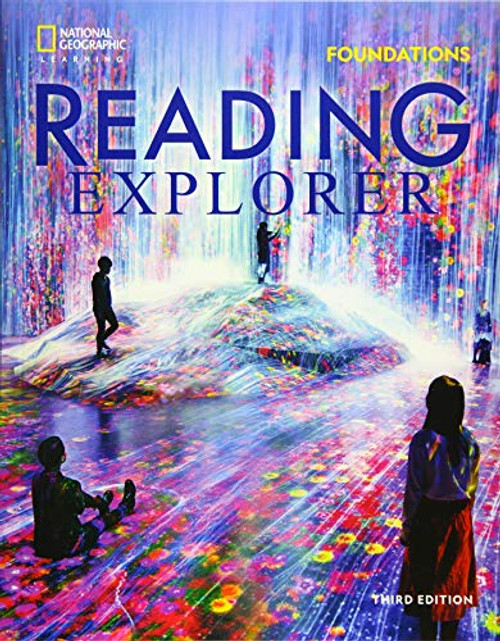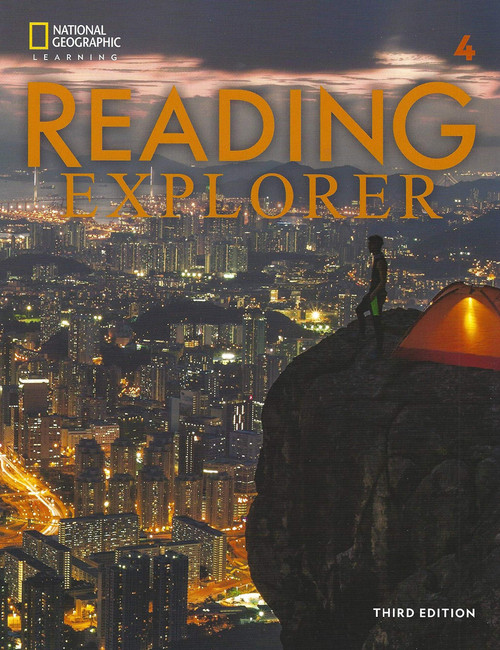Still authoritative. Still definitive. Now focused on the reading process.
The Brief Edition of Constance Weaver's classic Reading Process & Practice begins with the seemingly simple question What is reading, anyway? What is the essence of the reading process itself? With so many competing, often antithetical interpretations, teachers need an answer they can trust and put to use. Connie Weaver knows the research and her book is designed to help teachers develop their own research-based definition of reading.
Written in clear, concise language, Reading Process, Brief Edition, is still comprehensive. It takes the chapters from the third edition of Reading Process & Practice that explore the reading process, miscue analysis, and supporting struggling readers, combining them with features ideal for preservice, post-graduate, and in-service learning:
- a new introduction that succinctly discusses of the implementation and fallout from Reading First, the National Reading Panel report, and DIBELS
- definitions, concepts, interactive activities, and examples that make the research accessible
- a model of reading that synthesizes reading research from several perspectives while emphasizing insights from sociolinguistic and psycholinguistic research
- a companion website (www.heinemann.com/weaver) with printable forms for miscue analysis and case studies of readers across the grades
- a new, detailed, interactive study guide, perfect for study by individuals, reading groups, and whole classes.
To answer What is reading? we must examine how readers interact with texts in normal settings. To learn what this research says, we can trust Connie Weaver and Reading Process, Brief Edition. It remains the essential guide for teachers who want an understanding of reading around which they can build effective practices.











